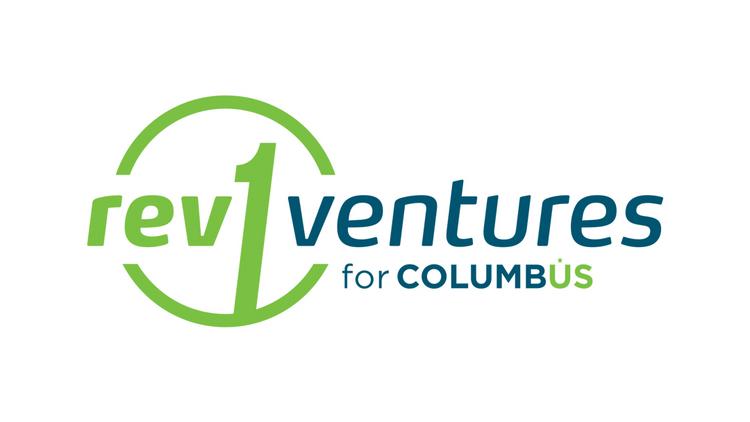Before getting into my post today, I just wanted to take a little bit of time to discuss the direction of the blog going forward. As you may know, I recently started working as an Analyst on the investment team of Rev1 Ventures. My first couple of weeks of work have been great and I am so excited to work on more investments and work closely with more entrepreneurs! Out of respect for my new role and a desire to not step on any toes I will be making a few changes to the sort of posts I work on. Since I will be actively working on live deals with startups, I will shy away from doing any more deep-dives on specific companies. I will instead be discussing my personal experience in venture as well as continuing to cover the topics and trends in the space. I started this blog as a way to practice my analysis and writing, and that will continue to be the goal, but things will now be more colored by my personal experience. Now that I am no longer busy with actively job-hunting, you will start to see some long-planned additions to the blog. I want this site to not only be a place to discuss venture capital and startups, but somewhere I can share a bit more about my personal interests and hobbies. If you check out the resources section in the top right corner of the page, you will see that I have added a "Boardgames" section. I have been wanting to share more with you about this hobby of mine and I am excited to bring you more personal content such as this in the future!
Thanks for all your support and back to our regularly-scheduled-and-loosely-organized running train of thought!
To Pay or Not to Pay
The big news in the venture space over the past week has been Microsoft's acquisition of GitHub. GitHub is a software collaboration repository and version control tool founded in 2008. Microsoft announced the $7.5 billion acquisition on June 4th, and ever since then there has been much discussion about whether the deal was good, bad, or "7.8/10 Too Much Water". My personal and highly educated belief is that this deal is a heaping, helping of "who knows".
The deal has all the hallmarks of success, but acquisitions of this sort are rarely so cut and dry. Some large acquisitions work out, some don't. Microsoft's own $26.2 billion acquisition of LinkedIn was one of the richest transaction of all time when it closed in 2016. Naysayers thought that Microsoft was overpaying handsomely, but the deal seems to be working out (despite it still being in its early innings). On the other hand, Microsoft has already written off more than $8 billion dollars from its seemingly-failed from the start Nokia acquisition.
I am much more interested in the investors that made a bet on GitHub prior to the acquisition.
GitHub's first funding round was an $100 million round led by Andreessen Horowitz in 2012 with GitHub's pre-money valuation estimated to be approximately $650 million.
GitHub raised an additional round of funding in 2015 of $250 million led by Sequoia with Andreessen Horowitz and Thrive Capital also participating. The pre-money valuation for this round was estimated to be approximately $1.8 billion.
I think both rounds represent excellent examples of paying up to invest in a strong company. It is easy to say in hindsight, but at the time, both deals were thought of as having relatively rich valuations compared to the market. First A16Z and then Sequoia paid a premium to get into what they viewed as a strong deal. A16Z felt that GitHub perfectly fit their thesis that the web would evolve to be focused more and more around developers. This thesis alignment gave them the comfort to "pay up" to a price that was more than others thought the company was worth. Their gamble paid off. Andreessen Horowitz went home with about $1 billion in proceeds thanks to their 13% ownership of GitHub at the time of sale.
The way that returns are distributed in venture capital makes missing on a rocket ship hurt much, much more than investing in the majority of companies that don't make it. The best in the business are willing to pay up for the best deals. More often than not, this isn't just a case of them offering more than the next guy. The most successful deals occur when investors have a unique and fundamental thesis about the future that causes them to believe that the market is actually undervaluing the opportunity because either the investment isn't as risky as others believe or the upside potential is significantly greater.
Venture Capital is for optimists. I believe a key to this business is optimizing your process for successful outcomes, not minimizing the effects of failures.
Sometimes that means paying a little bit extra.


